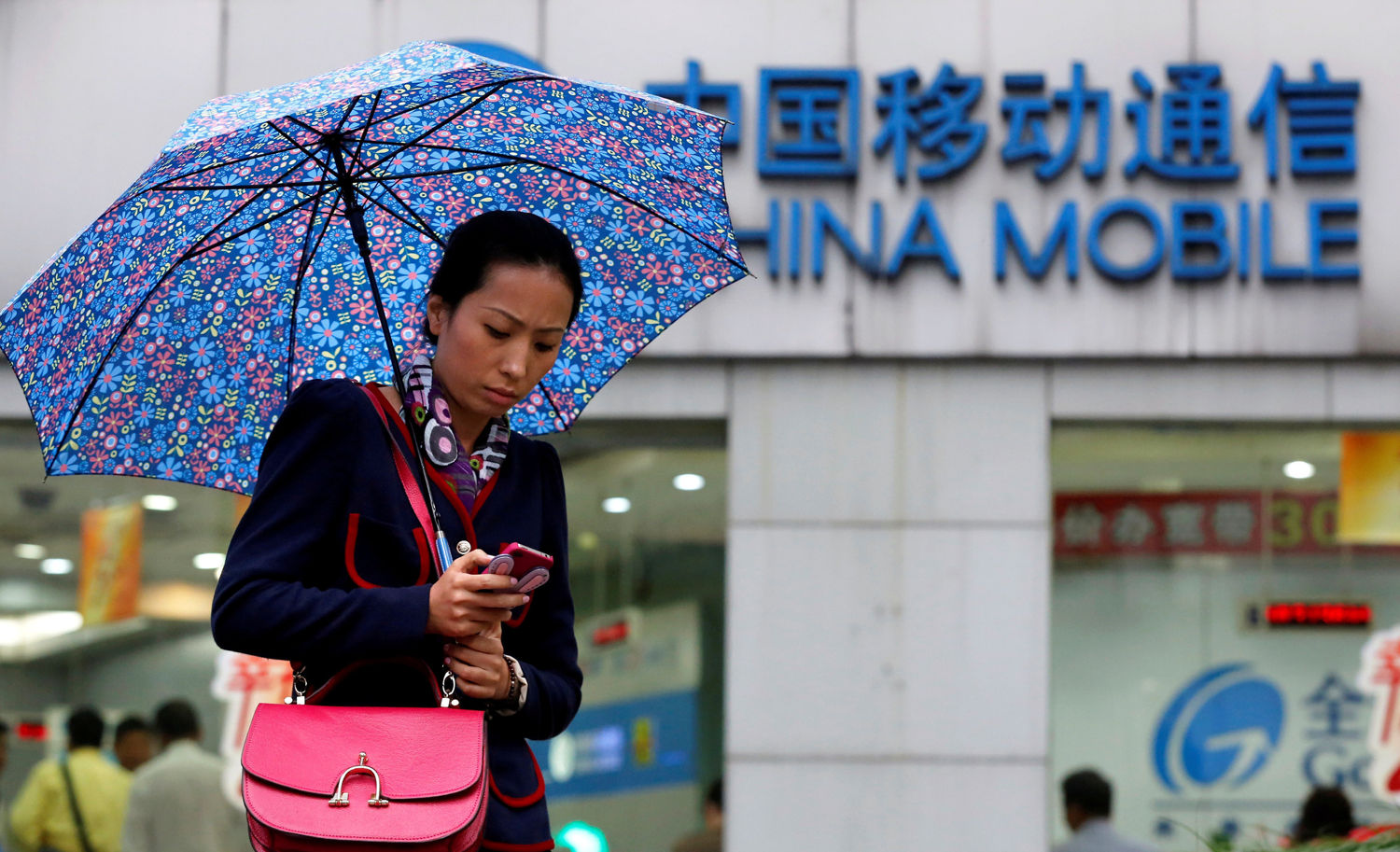(ATF) A reversal of a plan to delist three Chinese telecom companies by the New York Stock Exchange (NYSE) was condemned by Senator Marco Rubio on Tuesday January 5, and greeted with confusion by investors. Further twists seem likely.
The NYSE announced late on Monday that it had reversed a decision to delist China Mobile, China Telecom and China Unicom “in light of further consultation with relevant regulatory authorities in connection with Office of Foreign Assets Control FAQ 857”, a document which the US Treasury used to give guidance on how to implement the Trump administration’s planned ban on US investments in firms with links to China’s military.
The stock exchange did not give any further details about its regulatory interaction, but the implication that the Treasury was softening its stance on the executive order drew condemnation from Senator Marco Rubio, a former Republican presidential candidate who is currently co-chair of the Congressional executive commission on China.
“If it is true that someone at US Treasury advised NYSE to reverse the decision to delist these Chinese companies it was an outrageous effort to undermine (Trump’s) executive order,” Rubio said in a tweet on Tuesday.
See earlier report: NYSE drops plan to delist Chinese telcos
Rubio increasingly defines himself by opposition to China – his Twitter bio starts: “banned in and sanctioned by China” – and the complaint about the change in stance by the NYSE indicates that political controversy over the attempt to deny some Chinese companies access to US capital markets will remain intense in the final days of the Trump administration and continue after Joe Biden becomes president on January 20.
Confusion was compounded after Rubio’s tweet was followed later on Tuesday by a report that US Treasury Secretary Steve Mnuchin had called NYSE president Stacey Cunningham to express disapproval of the exchange’s reversal of its initial decision to delist the Chinese telecom firms.
Conspiracy theorists will note that Cunningham reports to Jeff Sprecher, the chairman of the NYSE and chief executive of ICE, the NYSE’s owner. And Sprecher’s wife, Republican Senator Kelly Loeffler, was up for re-election in the Georgia Senate run-off voting on Tuesday January 5.
While Trump grabs headlines with his frantic attempts to overturn the result of the US presidential election, and the Georgia vote helps to determine whether Biden will be able to pass legislation, there has been ongoing conflict between the US Treasury led by Mnuchin and the state department under Mike Pompeo over how harshly to treat Chinese companies.
Pompeo appeared to win a round in this fight last week, when he took credit for toughening the executive order banning US investors from buying securities of Chinese military-linked companies by clarifying that the proposed order will apply to ETFs and index funds.
See earlier report: Telecoms shares plunge over delisting move
The Treasury seemed to be trying to soften the impact of the ban – at least in the eyes of Senator Rubio – before reports emerged on Tuesday that Mnuchin himself was opposed to a reversal of the Chinese telecom delisting plan.
Further political gyrations seem certain in the final days of the Trump administration and so does one near-term market outcome: high volatility for Chinese stocks that are exposed to potential sanctions.
China Mobile – which has been listed in the US for over two decades, after a 1997 IPO when it was itself known as China Telecom (before being split off) – saw a rise of over 9% in its NYSE-listed shares on Tuesday, for example, in a move that was twice as pronounced as the 5% increase in its more widely traded Hong Kong shares earlier in the day.
Equity derivatives traders who aim to profit from high single-stock option volatility are likely to be among the main winners from the current politically-driven price swings in some Chinese shares.






















